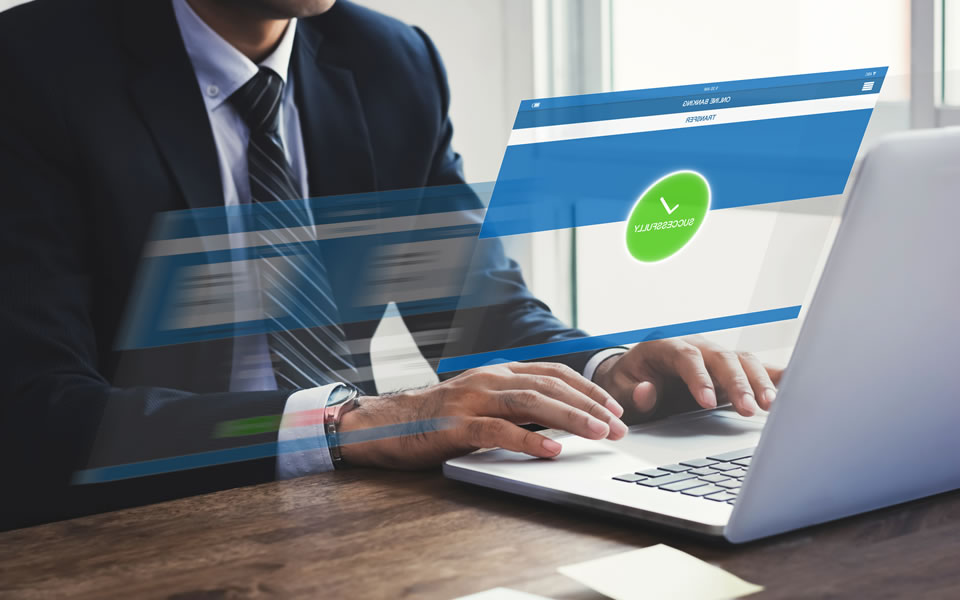For private foundations with greater than $500 in excise tax liability, using the Electronic Federal Tax Payment System (EFTPS) to make tax payments has been mandatory since 2011. The EFTPS, a free service provided by the U.S. Department of the Treasury (the Treasury), enables businesses and individuals to make secure federal tax payments online or by phone.
Users are currently advised to confirm that their EFTPS accounts are active and available, well before payment due dates.
Unless the taxpayer has been actively using its EFTPS account during the past 18 months, their EFTPS account will have been deactivated by the Treasury for “enhanced security purposes.” If you think you missed the Treasury’s notification about this, you did not. Information regarding the impending purge was not posted on the internet, nor was notice sent to enrolled users, alerting them about inactivity and subsequent account deactivation.
If your account has been deactivated, you will need to re-enroll. There is no way to re-open your old account. It has been purged from the EFTPS system.
Once you complete the enrollment, you will be mailed a personal identification number (PIN), which could take 7-10 business days, so be mindful of the time needed to ensure your tax payments are timely. Once you receive the PIN, you can activate your new EFTPS account and resume making tax payments.
“Emergency” same-day payments can be made by phone, but only if the Treasury has processed your banking information. Another alternative is arranging a same-day payment directly with your banking institution, directing the funds to the EFTPS.
Be mindful that your EFTPS account must be kept active to avoid permanent deactivation of the account by Treasury. Remaining active can include logging in to make tax payments, checking tax payment history, making tax payments in advance (allowed for up to 365 days), modifying profile or banking information, or changing your password. Be aware that passwords now expire every 13 months.
Count on CBIZ
Maintaining tax compliance requires diligence and regular account monitoring. Please contact your CBIZ advisor for assistance.
© Copyright CBIZ, Inc. All rights reserved. Use of the material contained herein without the express written consent of the firms is prohibited by law. This publication is distributed with the understanding that CBIZ is not rendering legal, accounting or other professional advice. The reader is advised to contact a tax professional prior to taking any action based upon this information. CBIZ assumes no liability whatsoever in connection with the use of this information and assumes no obligation to inform the reader of any changes in tax laws or other factors that could affect the information contained herein. Material contained in this publication is informational and promotional in nature and not intended to be specific financial, tax or consulting advice. Readers are advised to seek professional consultation regarding circumstances affecting their organization.
“CBIZ” is the brand name under which CBIZ CPAs P.C. and CBIZ, Inc. and its subsidiaries, including CBIZ Advisors, LLC, provide professional services. CBIZ CPAs P.C. and CBIZ, Inc. (and its subsidiaries) practice as an alternative practice structure in accordance with the AICPA Code of Professional Conduct and applicable law, regulations, and professional standards. CBIZ CPAs P.C. is a licensed independent CPA firm that provides attest services to its clients. CBIZ, Inc. and its subsidiary entities provide tax, advisory, and consulting services to their clients. CBIZ, Inc. and its subsidiary entities are not licensed CPA firms and, therefore, cannot provide attest services.















